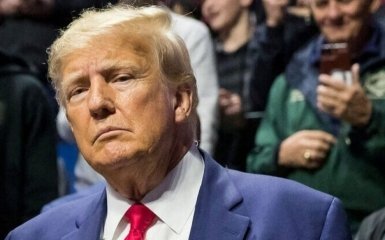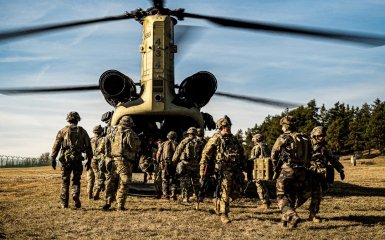US President Donald Trump's trade war could lead to shortages of more than just eggs and beef. Promised tariffs on softwood lumber risk leaving Americans without toilet paper.
Points of attention
- President Trump's trade war and proposed tariffs on Canadian softwood lumber may lead to a shortage of toilet paper in the US.
- Increasing tariffs on softwood pulp, a key component for toilet paper production, could result in higher prices and limited availability of paper products like napkins and paper towels.
Trump will leave the US without toilet paper
The Trump administration plans to nearly double tariffs on Canadian softwood lumber to 27%, and if additional tariffs are imposed, to more than 50%.
The American leader is pushing for the new tariffs in part to support local production, but they could also hit the availability of northern bleached softwood sulfate pulp, or NBSK, a key component for making toilet paper and paper towels.
The agency explained that NBSK makes up about 30% of standard American napkins and half of a regular paper towel.
Brian McClay, chairman of the consulting firm TTOBMA, which tracks the global pulp market, told reporters that NBSK is currently supplied mainly from Canada.
He added that in 2024, the US imported about 2 million tons of this material.
Some of these mills in the US, some of the big brand names, not only want softwood pulp from Canada, but they want pulp from this particular mill — they've been using it for 30 years and they're not going to change. If the Canadian pulp mills close down because of a lack of fiber supply, I can't think of any other option for them — they just can't change the recipe.
The agency warned that this scenario could lead to a shortage of toilet paper in the US, similar to the one experienced during the pandemic. It also could lead to a sharp increase in the price of toilet paper.
Trump has long promoted tariffs as a tool to bring manufacturing back to the U.S., and he has repeatedly stated that his country does not need Canadian lumber.
However, this position does not take into account the unique qualities of Canadian softwood pulp, which industry leaders say cannot be easily replaced by American alternatives. NBSK is valued for its tensile strength, the agency stressed.












